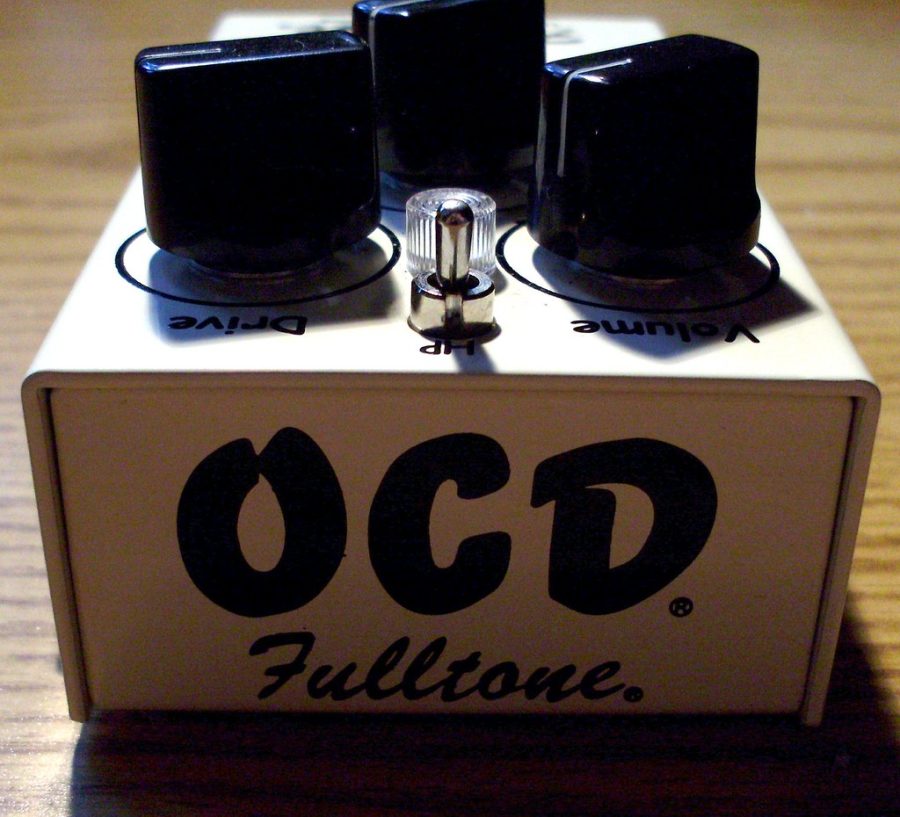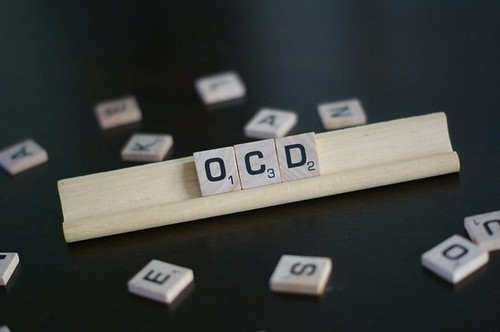OCD: A Personal Journey
How OCD affects a teenagers life
Fulltone OCD Back
When I was in 5th grade, I not only would plan out my day, but plan each and every step. The exact number of steps I would take to get from point A to B, and how many times I would allow myself to comb through my hair.
This was my first experience with obsessive compulsive disorder (OCD).
Everyone gets intrusive thoughts, urges and even obsessions. But can you imagine the intrusive thoughts being so strong that you act upon them? Or have a random reason to have to fulfill those urges, and even live constantly with multiple obsessions? Well people, like myself, with obsessive compulsive disorder experience this through their daily lives.
I got diagnosed with OCD about a year ago. Since then, I’ve noticed all the misconceptions about OCD, and a lot of people not fully understanding how it affects peoples lives. OCD is a huge spectrum, much like other mental disorders. The thing about OCD, is that it looks and adapts differently from person to person based on their personal obsessions, and urges.
There are five main groups of OCD. Organization, the most recognizable form. This includes obsessions with organization, symmetry, and things being in just the right place. Contamination , a common OCD subtype in which a person obsesses over contracting an illness or spreading germs. These intrusive thoughts cause the person serious anxiety and distress, which they try to relieve with compulsive behavior, like excessive washing or avoiding crowded spaces. Intrusive thoughts, unwanted thoughts that pop up without warning, at any time. They’re often repetitive – with the same kind of thought cropping up again and again.
Rumination causes a person to spend an inordinate amount of time worrying and trying to understand, analyzing or clarifying thought or theme. And Checking, common form of Obsessive-Compulsive Disorder (OCD), characterized by checking-based compulsive behavior. People with Checking OCD fear that they will somehow cause something bad to happen to themselves or others, intentionally or not.
I will be attending a week long ERP (Exposer and Response Prevention) program in June, and it is said to be the absolute best way to help OCD and sometimes, go away entirely. ERP is a behavioral therapy that gradually exposes people to situations designed to provoke a person’s obsessions in a safe environment. This is currently the best way to help people cope with OCD.
My personal experience with obsessive compulsive disorder: Personally, I would put myself in the categories Contamination, Intrusive thoughts, and Rumination. Contamination for me is often feeling like I will get sick randomly from touching something, or just believing I have a incredibly uncommon disease for a short period of time. Usually, cleaning a surface or washing my hands a certain number of times will cause those thoughts to go away. My intrusive thoughts are probably the most scary part of OCD for me. Controlling urges of wanting to harm myself or others is incredibly hard to deal with. . Although I’ve never badly harmed another person, OCD often comes out as anger onto yourself, making you act upon typically unacceptable problem behaviors. Nearly everyone can have a moment of disruptive behavior or an error in judgment. However, problem behavior is a consistent pattern. Problem behaviors can vary in terms of severity.
As for my Rumination OCD, everyone gets stuck on thoughts or feelings that feel like they will never go away. But for me, these simple thoughts take over my life, whether trying to understand something or wanting something to be a certain way, they devour my life when I get stuck on them. These can last anywhere from an hour to months.
OCD definitely takes a daily affect on my life, and makes my other mental disorders stronger. OCD is almost always paired with anxiety disorder, and often will spike when you’re anxious or stressed. Most importantly, if someone you know opens up to you about having the disorder It can help to acknowledge this and encourage them to talk about their experience in a way that feels comfortable to them. Be patient. Remember that their fears are very real to them, even if they seem unrealistic, irrational or extreme to you. Don’t judge. I hope that you can see OCD with different eyes now, and acknowledge the disorder and the impacts it has on my life and many others.
Your donation will support the student journalists of West High School. Your contribution will allow us to purchase Scholarship Yearbooks, newsroom equipment and cover our annual website hosting costs.




